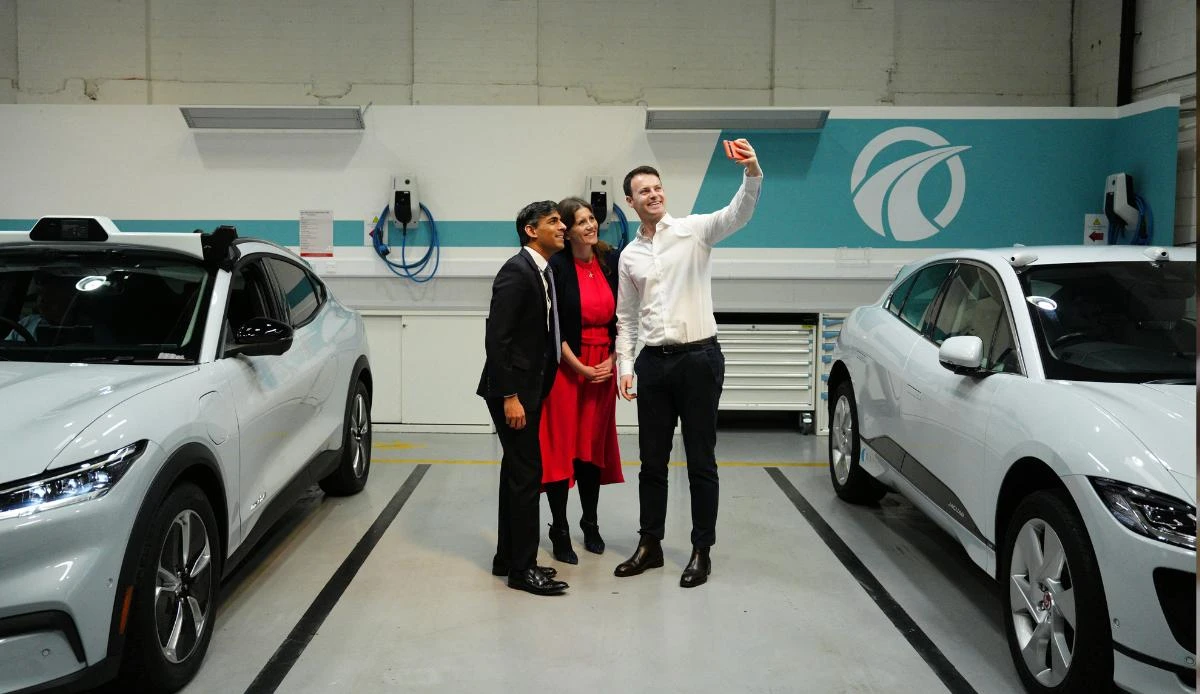Wayve secures record $1.05 billion funding for AI in autonomous vehicles

British technology startup Wayve secures $1.05 billion funding round led by Japan’s SoftBank to develop artificial intelligence systems for self-driving cars
British technology startup Wayve announced on Tuesday a $1.05 billion funding effort led by Japan’s SoftBank to accelerate the development of artificial intelligence systems designed for self-driving automobiles.
Wayve, founded in 2017, has established itself as a forerunner in vehicle-embedded artificial intelligence. Along with SoftBank’s big investment, the company announced contributions from IT powerhouse Microsoft and semiconductor titan Nvidia, signaling a watershed point in its progress, according to a statement provided by the corporation.
According to statistics given by Dealroom, the transaction represents the greatest fundraising attempt to date among European businesses pioneering AI advances.
British Prime Minister Rishi Sunak hailed the announcement as a watershed moment, characterizing it as the largest investment ever made in an AI firm established in the UK.
Wayve’s patented technology, known as Embodied AI, provides a significant advancement in self-driving capabilities. Unlike conventional systems that rely on pre-programmed maps, this novel technique allows cars to learn from and adapt to real-world situations.
According to Wayve, this invention has the potential to significantly improve the usability and safety of autonomous driving systems. Embodied AI ushers in a new age of automotive innovation by providing cars with the ability to negotiate unanticipated scenarios, such as unexpected acts by drivers, pedestrians, or environmental elements.
The business underlined that their technology is not limited to certain vehicle types or settings; rather, it is versatile enough to allow any vehicle to recognize its surroundings and safely navigate different landscapes.
Kentaro Matsui, a SoftBank CEO and Wayve board member, highlighted AI’s disruptive influence on mobility. He said that automobiles’ capacity to comprehend their environment in the same way as humans do is a significant step forward in decision-making capabilities, promising higher road safety standards.
Matsui further claimed that such developments might reduce road accidents by a stunning 99 percent.
Source: AFP



